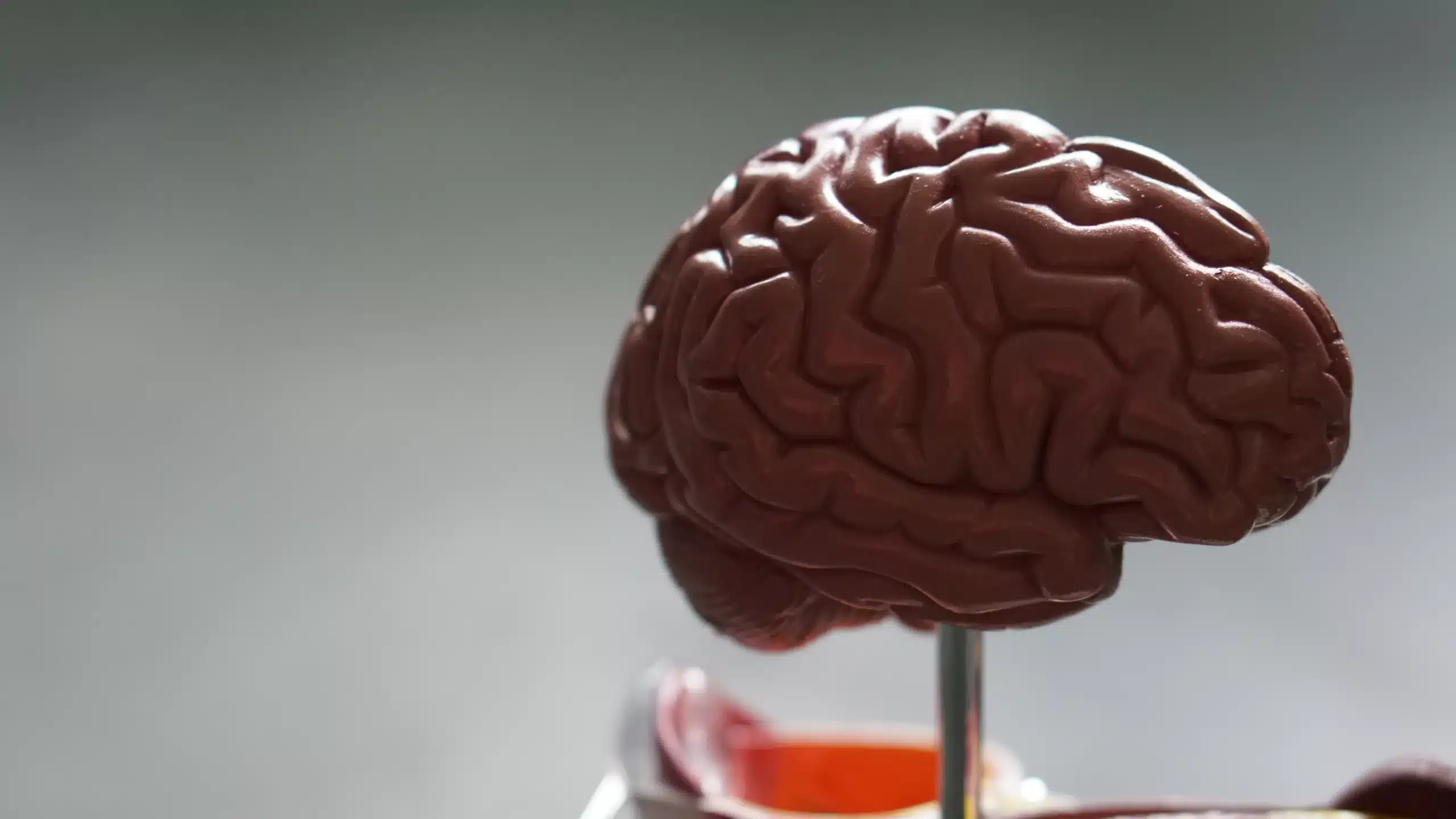Hypoxic and anoxic brain injuries occur when there is a lack of oxygen to the brain which causes brain damage. There needs to be a continuous supply of oxygen to the brain in order for it to survive and if this supply is disrupted then it can cause damage to the brain.
What is a Hypoxic Brain Injury?
A hypoxic brain injury occurs when there is a restriction on the oxygen that is being supplied to the brain. This restricted flow of oxygen will then cause impairment and gradual death to the brain cells.
What is an Anoxic Brain Injury?
An anoxic brain injury occurs when there is no supply of oxygen to the brain, it is completely cut off. The brain needs a continuous supply of oxygen in order to make use of glucose, which is its main energy source. When there is no oxygen supply to the brain, this can cause the brain cells to die after approximately four minutes of no oxygen supply.
What can cause a Hypoxic or Anoxic Brain Injury?
There are many conditions that could cause a hypoxic or an anoxic brain injury:
- Strokes
- Cardiac arrest
- Poisoning
- Asthma attacks
- Injuries that affect your breathing, for example choking or near-drowning
- Exposure to high altitude settings
Any of these conditions that are listed above are able to cause a hypoxic brain injury and can lead to an anoxic brain injury. If these are not treated, they can be extremely harmful or potentially deadly. After approximately four minutes without an oxygen supply, your brain cells will start to die and can affect the functions that your brain controls. The longer that there is no oxygen supply, it is more likely that you will experience more complications.
Symptoms of Hypoxic and Anoxic Brain Injuries
When your brain is experiencing a lack of oxygen, it can often cause a loss of consciousness which can last a short amount of time or a long amount of time depending on the length and severity of the lack of oxygen. Other symptoms of a hypoxic or an anoxic brain injury can include:
- Dizziness
- Concentration problems
- Issues with vision, speech and memory
- Short term memory
- Headaches
- Numbing sensation
Treatment for Hypoxic and Anoxic Brain Injuries
Treatment for hypoxic and anoxic brain injuries will vary for different people depending on how long your brain has lost its supply of oxygen. The first most likely treatment will be restoring your oxygen supply to the brain, this can be through cardiopulmonary resuscitation (CPR) or by putting you on a ventilator to ensure a good supply of oxygen to the brain.
Hypoxic and anoxic brain injuries can also lead to permanent damage to other areas in your body or losing the ability to perform basic functions. If this is the case then it is likely that you will be referred to a specialty such as physical, speech, occupational therapy or counseling.
It is important to remember that everyone’s treatment will be specific to their individual needs depending on the severity of their injury.
Long lasting effects of Hypoxic and Anoxic Brain Injuries
The long lasting effects of hypoxic and anoxic brain injuries will again depend on the severity of the brain injury and how much damage has been caused to the brain. If the injury is a mild case then there is a chance of full recovery. However if the hypoxic or anoxic injury is more severe then there is likely to be longer lasting effects. After a brain injury, there can be permanent damage to other areas of the body, however everyone’s effects will be different, these effects can include:
- Physical effects
- Visual impairments
- Memory problems
- Speech and language functions may be affected
- Inability to focus
- Behavioral changes
Hypoxic-Ischaemic Encephalopathy (HIE)
There is a type of hypoxic brain injury that happens at birth called hypoxic-ischaemic Encephalopathy (HIE). This is a birth injury that is caused by a lack of oxygen to the child’s brain. HIE can be mild, moderate or severe and it is possible that the baby may not survive. Of the many babies that do survive HIE, some may go on to develop disabilities and some will recover without any effects, this is especially the case if they had a mild brain injury. HIE occurs in approximately 1.5 per 1,000 live births and it accounts for approximately 23% of neonatal deaths worldwide.
- Hyper-alert
- Eye rolling
- Fits
- A reduced level of awareness
- Irritability
Treatment for Hypoxic-Ischaemic Encephalopathy (HIE)
The treatment options for HIE will vary depending on the baby’s symptoms and whether they have had mild, moderate or severe HIE. If a baby has suffered from mild HIE then it is likely that the doctors will monitor the baby to make sure that they do not need any further treatment after the lack of oxygen to the brain. If a baby has suffered from moderate or severe HIE, they will likely receive mild hypothermia or cooling treatment which will happen in the neonatal intensive care unit (NICU) in hospital. This treatment involves lowering a baby’s temperature from 37 degrees celsius down to 33.5 degrees celsius for 72 hours. This method of treatment has been found to limit the extent of brain injury that arises from HIE.
Summary of Hypoxic and Anoxic Brain Injuries
Hypoxic and anoxic brain injuries occur when the brain does not receive enough oxygen. The brain requires a constant supply of oxygen so that it is able to function properly and if it does not receive oxygen then it can lead to severe brain damage causing other severe health complications and even death.
There are many reasons that a person can have a hypoxic or anoxic brain injury and no two people will have the same symptoms or treatment. The impacts of hypoxic and anoxic brain injuries can vary from subtle to life changing impacts. There will unfortunately be some cases that will have grounds for a claim for compensation due to injuries being caused by medical negligence. No matter the severity of your hypoxic or anoxic brain injury, if you have suffered due to negligence you may be entitled to make a brain injury claim.

